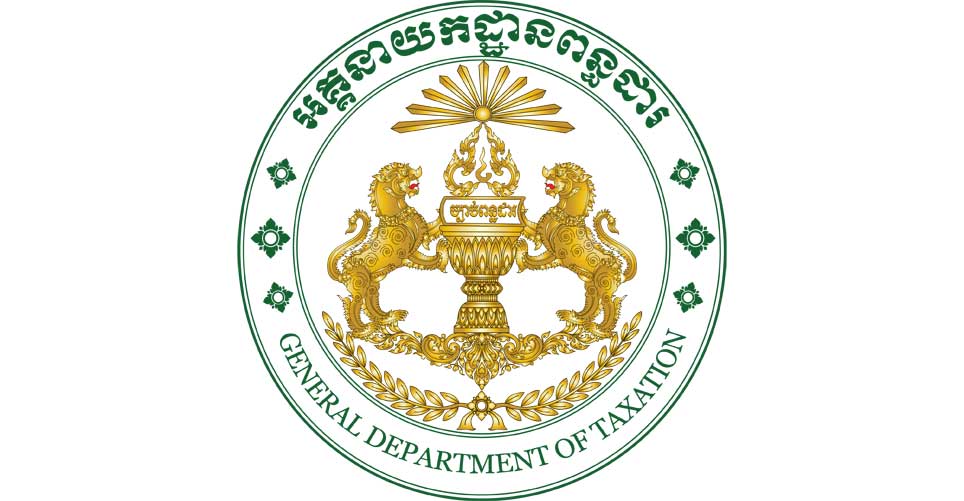Issue Description
Our members have reported that in a given situation where a tax provision is not clear, or there is no express mention in the law, and there is no express guidance provided by the GDT, the tax auditor always choose to reassess the tax and apply administrative penalties, where he may financially benefit from, even though the taxpayers have been consistently compliant and acting in good faith. No benefit of the doubt is granted to taxpayer. This approach persists regardless of the taxpayers’ history of compliance and good faith actions. In such cases, taxpayers are not granted the benefit of the doubt.
Example: the taxation of capital gains of non-residents in the hand local entities.
Article 7 of old law on taxation provide a framework for taxing capital gains. However, the law expressly states that such taxation may be done via a Prakas. Roughly a decade later and without a Prakas, some tax auditors started taxing local companies and imposing administrative penalties based on the same Article 7 by claiming that local companies have the obligation to withhold tax.
Impact on business
This clearly undermines the confidence of businesses and investment in the Cambodian market. Even more so, it undermines the Tax administration as a whole. Indeed, investors can face unpredictable costs as consequences of reassessment based on notorious legal grounds. This lack of trust is exacerbated as the tax auditors financially benefit from imposing the administrative penalties.
The possibility of facing unpredictable costs compels businesses to set aside a significant amount of money to handle unexpected tax issues, instead of investing in the country.
Recommendation
- Give the benefit of the doubt to taxpayers where taxpayers have been consistently tax compliant and acting in good faith.
In line with the concerns outlined in the issue section, we propose that the GDT extend the benefit of the doubt to taxpayers who demonstrate good faith, evidenced by consistent compliance with monthly and annual tax obligations and proper tax payment. This consideration, however, should not extend to cases of tax avoidance, where taxpayers exploit loopholes in tax laws and provisions.
Royal government of Cambodia
Initiative from Eurocham: This issue has been raised by the Tax Committee and published in the Advocacy Compass on 19th of April, 2024.

The GDT is moving towards a more taxpayer-friendly approach with the development of Standard Operating Procedures (SOPs) for Tax Audits and the establishment of a Special Tax Audit Unit (STAU) in July 2024. These initiatives aim to strengthen the Taxpayer Compliance categories (Gold, Silver, and Bronze), which were introduced in 2016.
To qualify for these certificates, taxpayers must maintain timely tax registration, filing, and payment (including re-assessments), accurate accounting records, and a clean tax record with no negligence or serious negligence charges.
With the implementation of the SOPs, companies that have achieved Gold Compliance status will be exempt from tax audits during the validity period of the certificate, thereby reducing the risk of re-assessments. The STAU will be responsible for monitoring these Gold Compliance taxpayers.
On the 7th of April 2025, during the Cambodia-Europe Public-Private Sector Dialogue, the question of jurisdiction was raised, as the regulations governing the Special Tax Audit Units mentioned that certain companies can be audited by the STAU if they are approved by a commission. It was asked what the criteria are for a company to fall under the STAU. The occasion was also taken to discuss its expansion and future capacities, as the unit comprised only 32 auditors.

The General Department of Taxation, during the Cambodia-Europe Public-Private Dialogue, provided clarification on the STAU, notably on the enterprises that could be audited under its purview. The GDT stated that the STAU has the authority to audit enterprises that hold a Gold Standard certificate. Companies that do not have a Gold certificate may request to be audited by the STAU, provided they meet certain conditions—such as maintaining good records for a specified number of years and demonstrating strong cooperation with the GDT and MoEF management. For its future, the STAU will continue to recruit more auditors. The selection criteria for future auditors will include their educational background and professional experience, particularly if they have worked in major firms.
H.E. DPM Sun Chanthol, during the dialogue, requested the GDT to develop clearer guidelines and criteria for inclusion under the special unit. These guidelines should be shared with relevant business organisations, including EuroCham Cambodia.
National Counterparts

General Department of Taxation
Contributors

Dr. Antoine Fontaine
ANANT LAW FIRM

